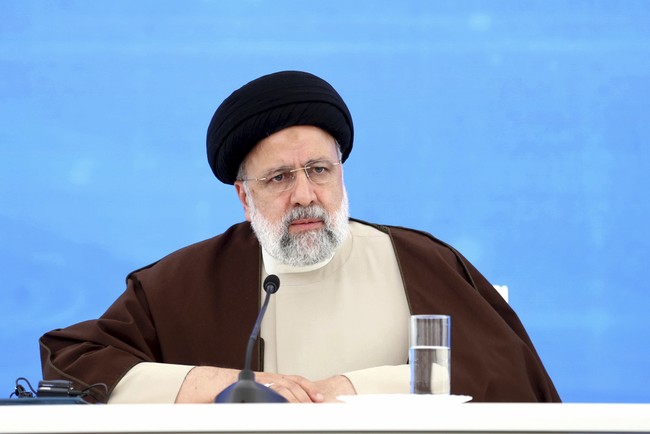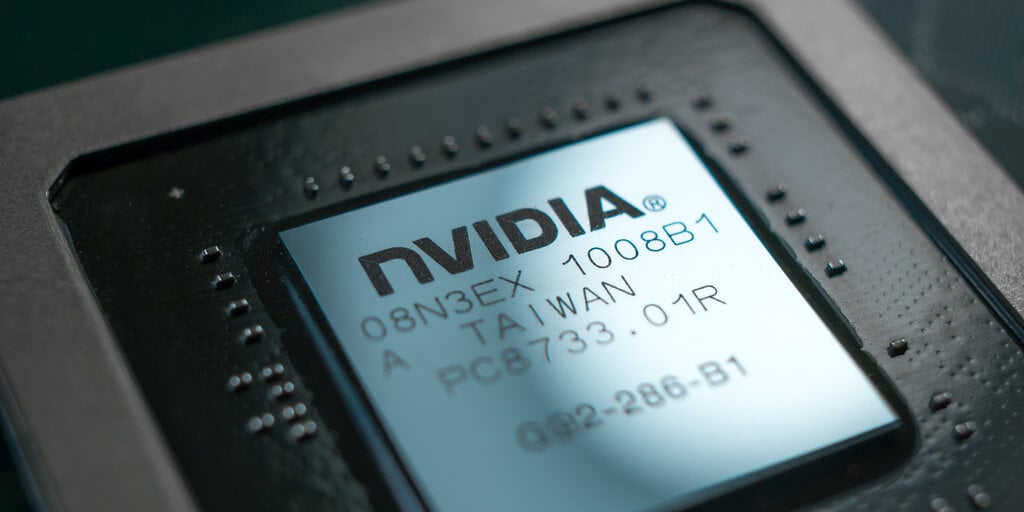US-Iran Nuclear Talks: Tensions and Opportunities
As the US and Iran prepare for potential negotiations in Oman, multiple perspectives emerge about the potential easing of Middle Eastern tensions, despite ongoing skepticism and diplomatic complexities.
Published April 09, 2025 - 00:04am

Image recovered from redstate.com
The global political stage is set for a high-stakes encounter this Saturday, as the United States and Iran consider direct talks about the Iranian nuclear program. The announcement was made by US President Donald Trump during a meeting with Israeli Prime Minister Benjamin Netanyahu. The proposed meeting signifies a potentially groundbreaking interaction, as it would be the first direct engagement between the US and Iran since Washington's withdrawal from the Joint Comprehensive Plan of Action (JCPOA) in 2018.
Russia, speaking through Kremlin spokesperson Dimitri Peskov, has expressed its approval of this development, seeing it as a potential path to decreasing tensions in the Middle East. Moscow has consistently advocated for political and diplomatic solutions to such global matters. This reflects a common awareness among world powers that cooperation is essential to address the escalating concerns regarding Iran's nuclear capabilities.
Tehran, however, manifests skepticism towards these talks, particularly in light of past threats from President Trump suggesting military action if an agreement is not reached. Iranian Foreign Minister Abbas Araqchi has reiterated Tehran's insistence on indirect dialogue, arguing that pressure and threats from the US undermine the possibility of meaningful negotiations. Such indirect talks, mediated by Oman, indicate the cautious approach Iran is taking, poised between engagement and defense of national interests.
The backdrop to these potential diplomatic engagements is fraught with tension and suspicion. Since Trump's presidency began, he has consistently ramped up sanctions against Iran, arguing that the previous nuclear deal failed to curb Tehran's nuclear ambitions adequately. Recent remarks from Netanyahu underscore the hardline stance of key US allies, who see Iran's nuclear disarmament as essential but remain cynically aware of the complex geopolitical chessboard.
Regional reactions vary, with some countries in the Middle East and beyond expressing concern over Iran's influence and military capabilities. The possibility of achieving a new, more robust deal than the JCPOA is welcomed by many but laden with caution and stipulations. The US insists on discussing Iran's regional influence and ballistic missile program, demands that Tehran categorically rejects, arguing that its defensive needs are non-negotiable, particularly in a region where rival states possess nuclear capabilities.
Pivotal to these talks are the broader geopolitical alliances and rivalries. Russia's recent ratification of a strategic military partnership with Iran highlights the evolving dynamic of regional powers supporting Tehran's stance. This relationship has been growing amidst fluctuating relations between the US and its historical allies in NATO and the Middle East.
In Washington, the State Department is preparing for the discussions in Oman, though US officials insist the upcoming meeting will not constitute formal negotiations. The goal, as articulated by spokesperson Tammy Bruce, is to test the waters and determine the feasibility of future comprehensive talks.
As the date for these potential talks approaches, the world watches closely. The implications of these discussions are profound, potentially setting a new course for US-Iran relations and influencing the stability of the wider Middle East. The Iranian push for the lifting of US sanctions remains contentious, echoing a broader call for diplomacy over military interventions.
Regardless of the outcome, the events of this Saturday will be scrutinized for signs of either conciliation or further entrenchment of diplomatic divides. Hence, for both the United States and Iran, this moment represents not only a potential turning point but also a testament to the enduring complexities of international politics.





